
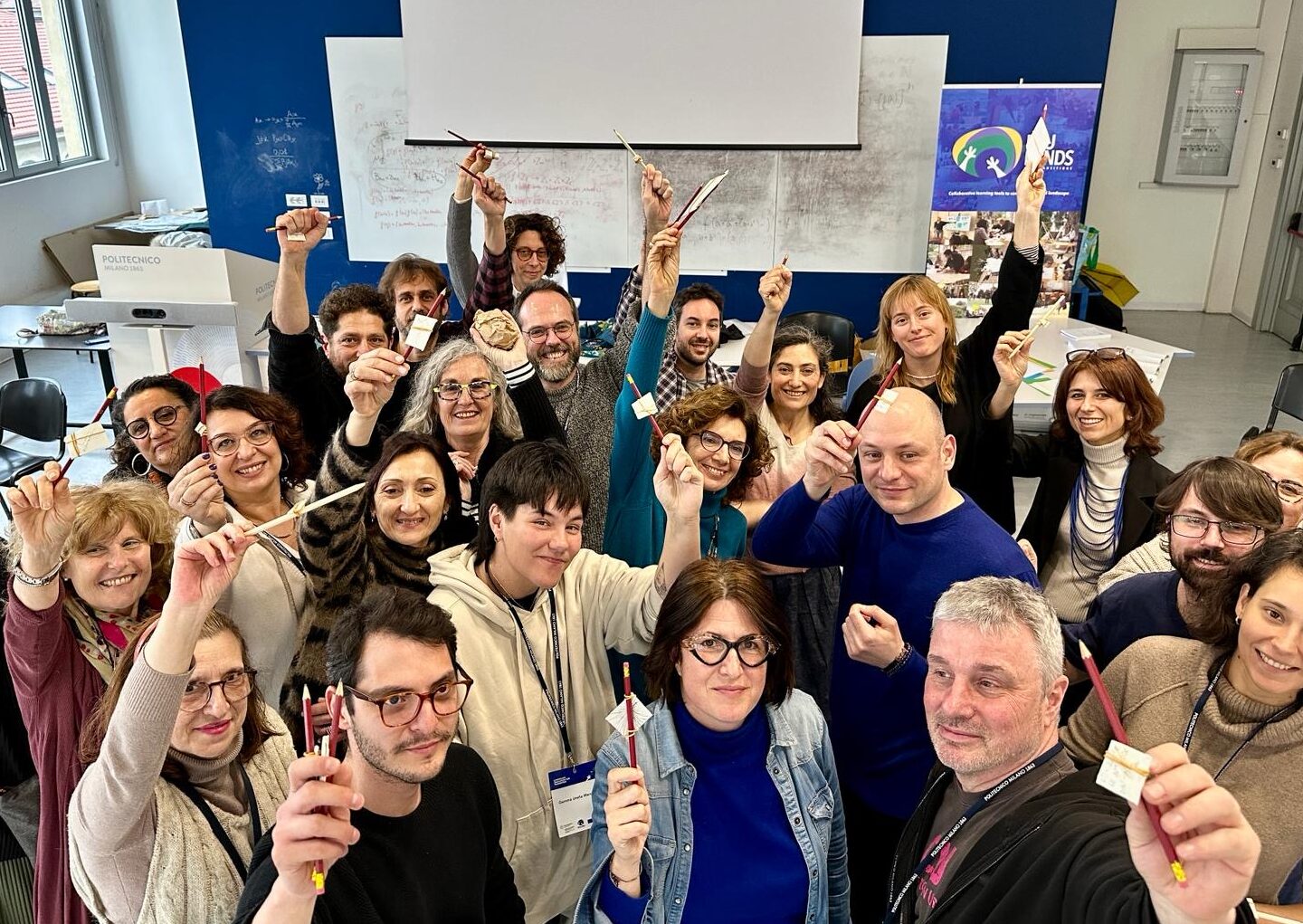
The EduLANDS For Transitions Final Conference, held on February 26th and 27th at Politecnico di Milano, concluded with a myriad of connections to the landscape, learning, experiences, and inspiration. The 2 years Erasmus+ funded project has come to an end, and it is in this two-day conference where its results and its journey through the diverse European landscapes have been highlighted.
The EduLANDS For Transitions Final Conference, a landmark event in the realms of architecture, urban planning, and education, unfolded over two enriching days on February 26th and 27th at the prestigious Politecnico di Milano. Brimming with a diverse array of perspectives, experiences, and insights, the conference served as a nexus for educators, scholars, practitioners, and policymakers to converge, collaborate, and chart a course toward transformative change in educational landscapes.
Day one dawned with a sense of anticipation and purpose, as participants embarked on a journey of exploration and discovery. From the early hours of 9:15 in the morning until the twilight hours of 8:00 in the evening, the halls of Politecnico di Milano buzzed with activity and intellectual fervor. Esteemed deans and rectors from the School of Urban Architecture and Construction Engineering, the Department of Architecture and Urban Studies, International Affairs, and the visionary European BAUHAUS initiative inaugurated the proceedings with insightful keynote sessions, setting the stage for a robust exchange of ideas and perspectives. The morning session seamlessly transitioned into a captivating presentation by luminaries Mónica G. Candela, Irene Lucas, Paola Branduini, and Camila Casonato, who unveiled the multifaceted journey of the EduLANDS project. Through a tapestry of narratives, case studies, and empirical evidence, attendees were immersed in the project's evolution, methodology, and transformative impact on educational paradigms.
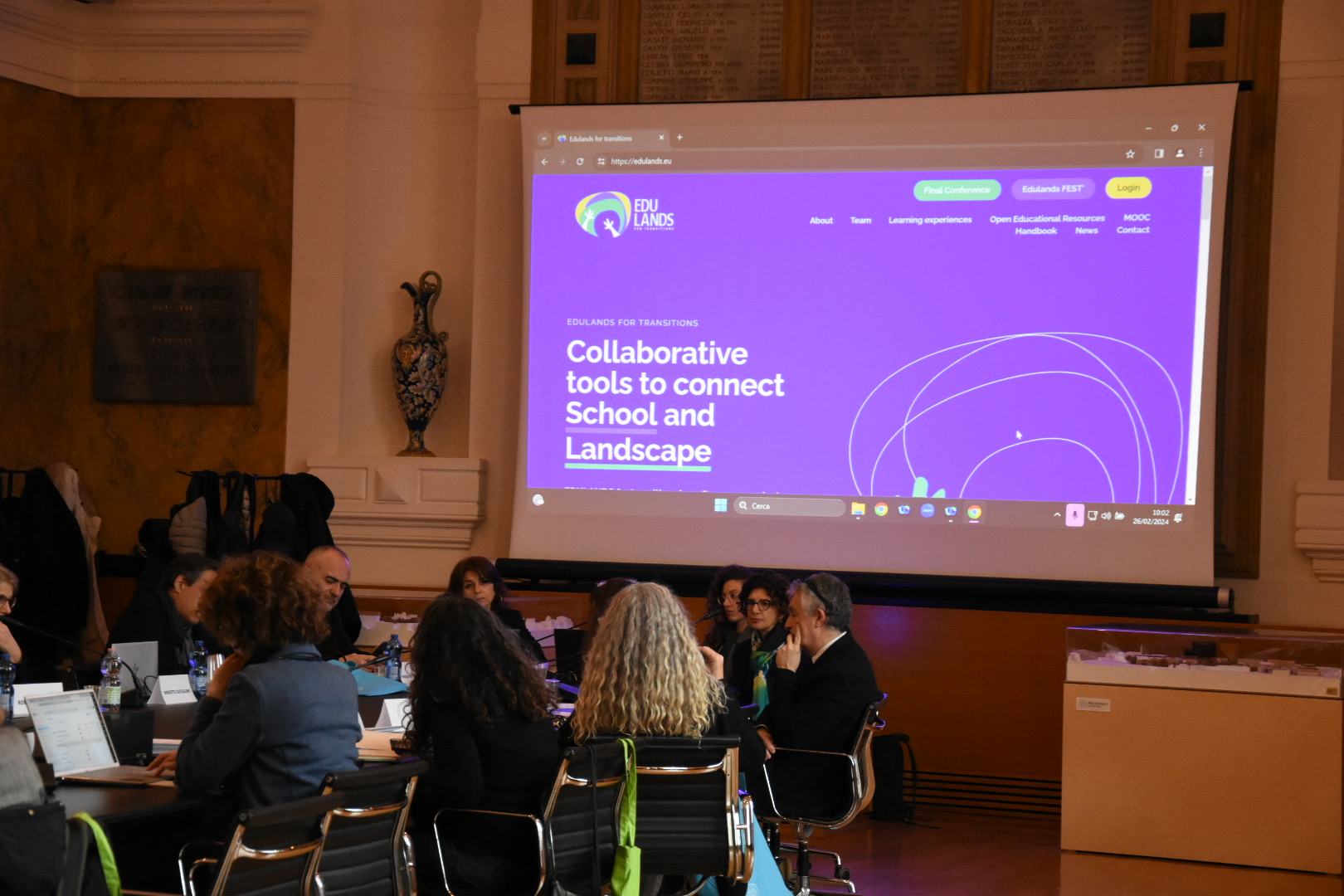

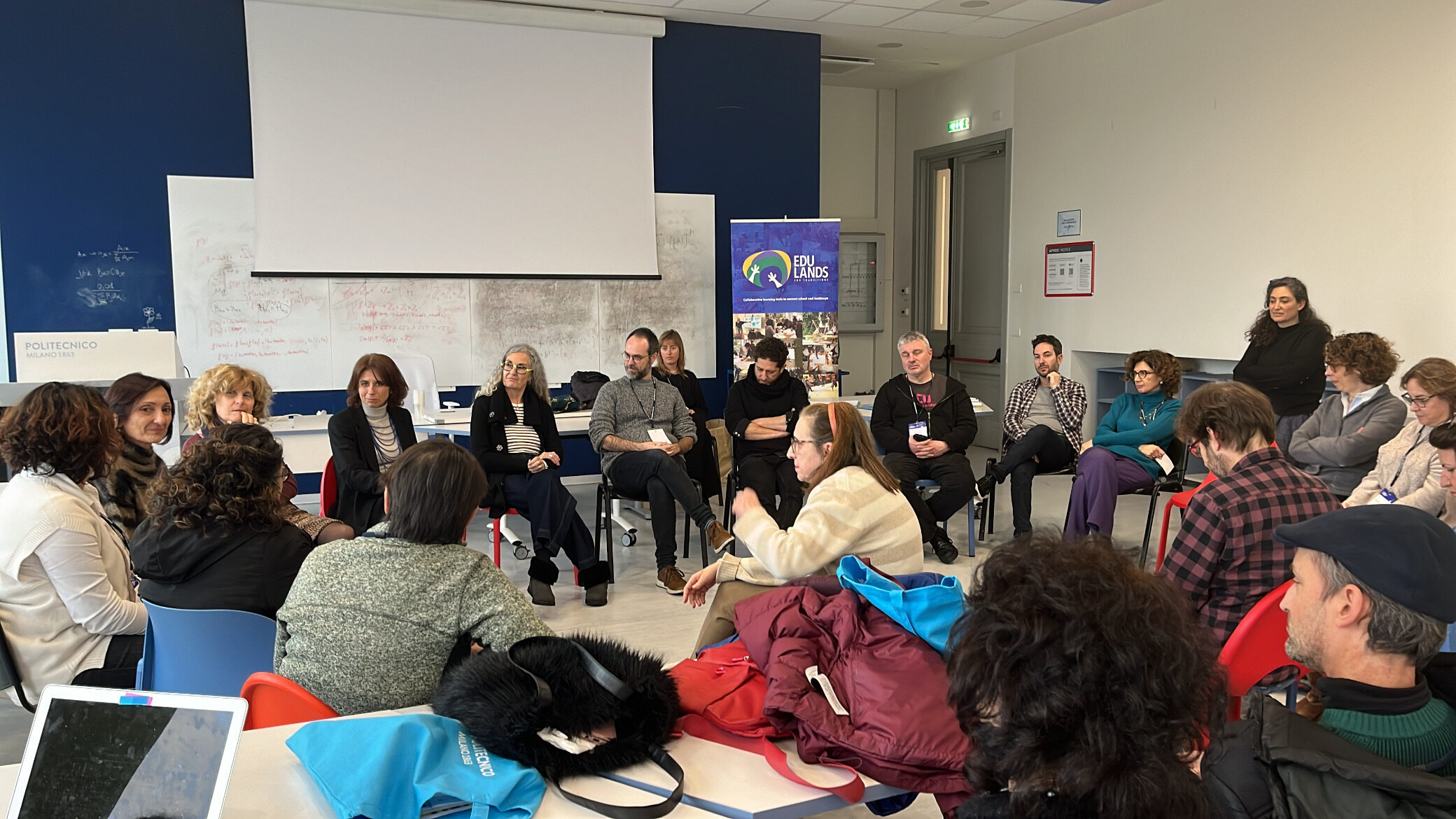
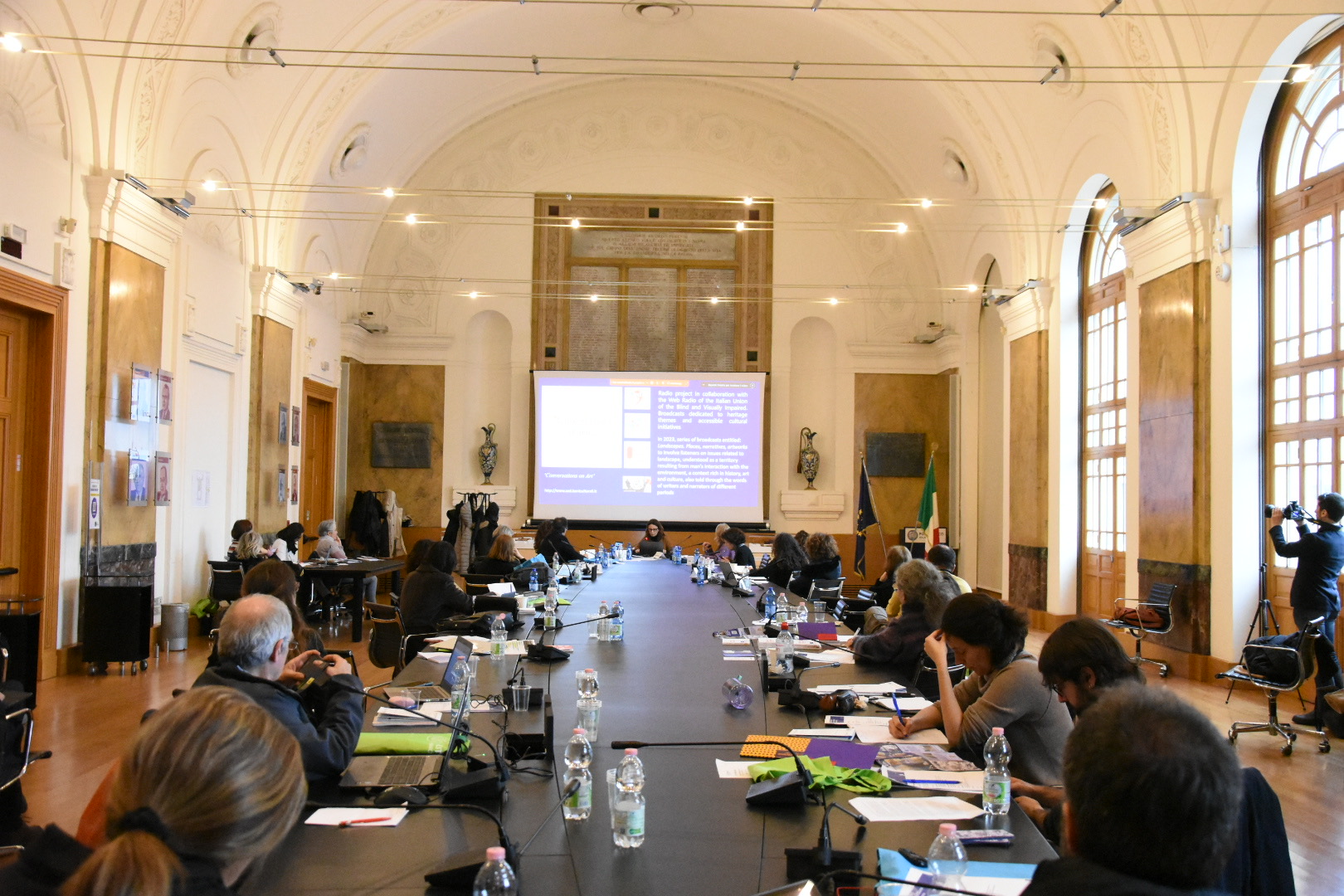
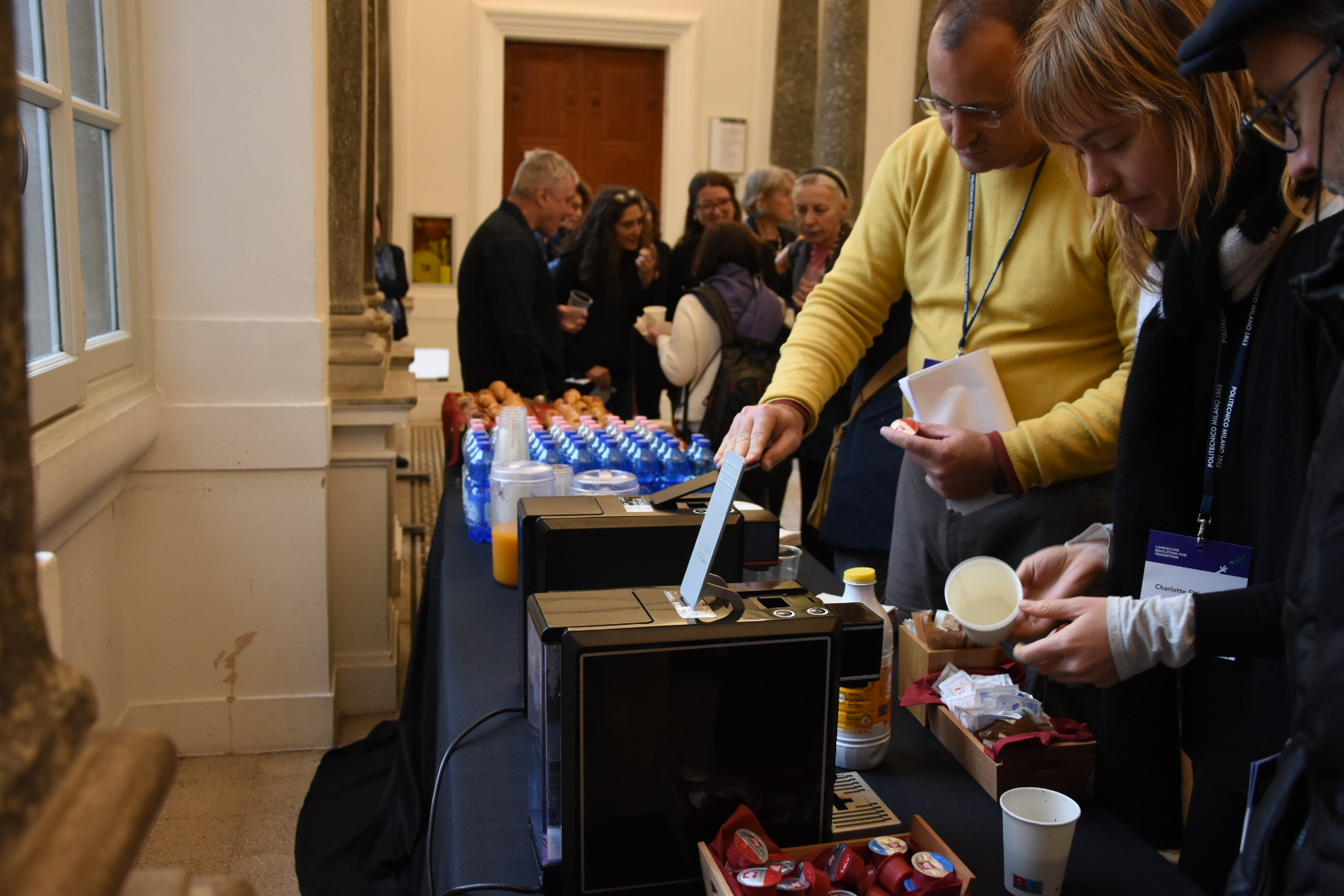
As the day progressed, participants savored moments of respite amidst invigorating coffee breaks and culinary delights, forging connections and fostering camaraderie. Concurrently, a dynamic array of open sessions and interactive workshops provided fertile ground for discourse, experimentation, and collaboration, as the educational community coalesced around shared visions of innovation and progress. Day two dawned with a renewed sense of purpose, as the spotlight turned towards the Italian educational community. With meticulous translations ensuring inclusivity and accessibility, attendees embarked on a deep dive into the nuances of the EduLANDS project and its resonance within the local context. Against the backdrop of linguistic diversity, cultural richness, and intellectual dynamism, the conference emerged as a beacon of cross-cultural dialogue and collaboration, transcending geographical boundaries and disciplinary silos.
As the curtains drew on the final act of the EduLANDS journey, a poignant roundtable discussion served as a testament to the project's enduring legacy. Stakeholders from diverse backgrounds and disciplines converged to reflect on the project's achievements, challenges, and future trajectories, underscoring the pivotal role of collective action and shared vision in driving systemic change. Laboratories conducted throughout the day provided a fertile ground for reflection, experimentation, and synthesis, as participants distilled key insights and lessons learned from the EduLANDS experience. As the conference drew to a close, participants departed with a renewed sense of purpose, armed with inspiration, insights, and connections to catalyze transformative change in educational landscapes.
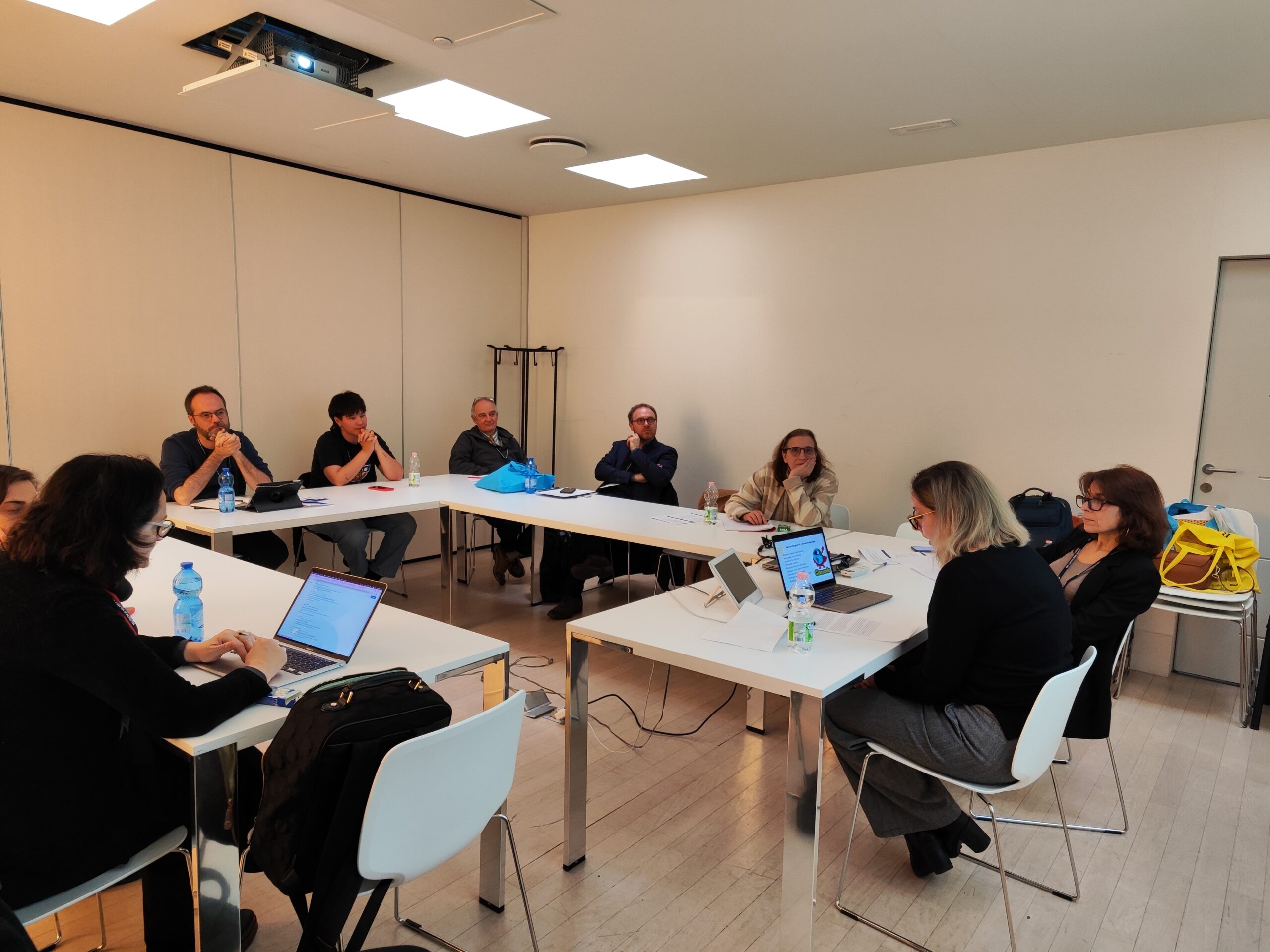
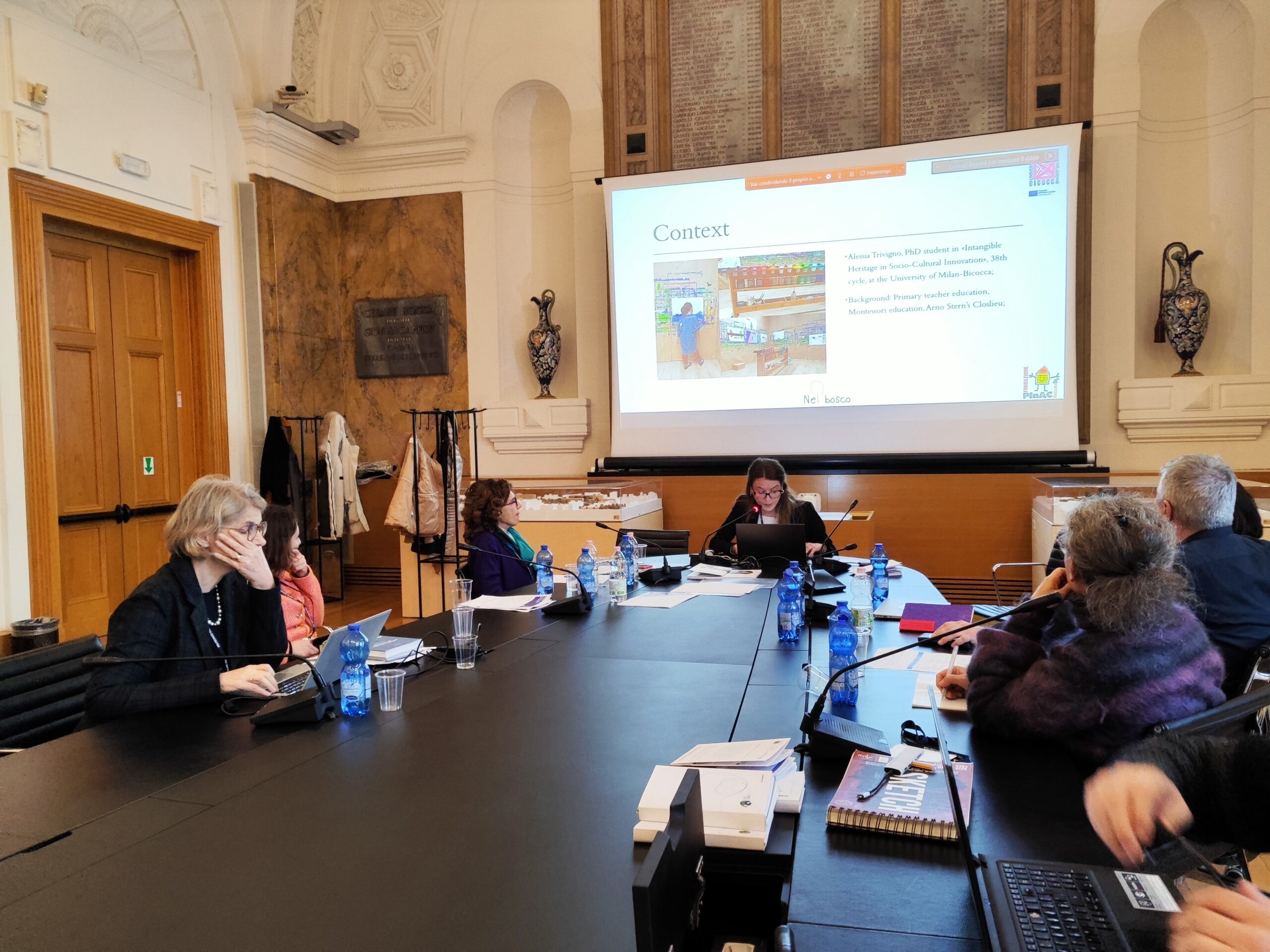
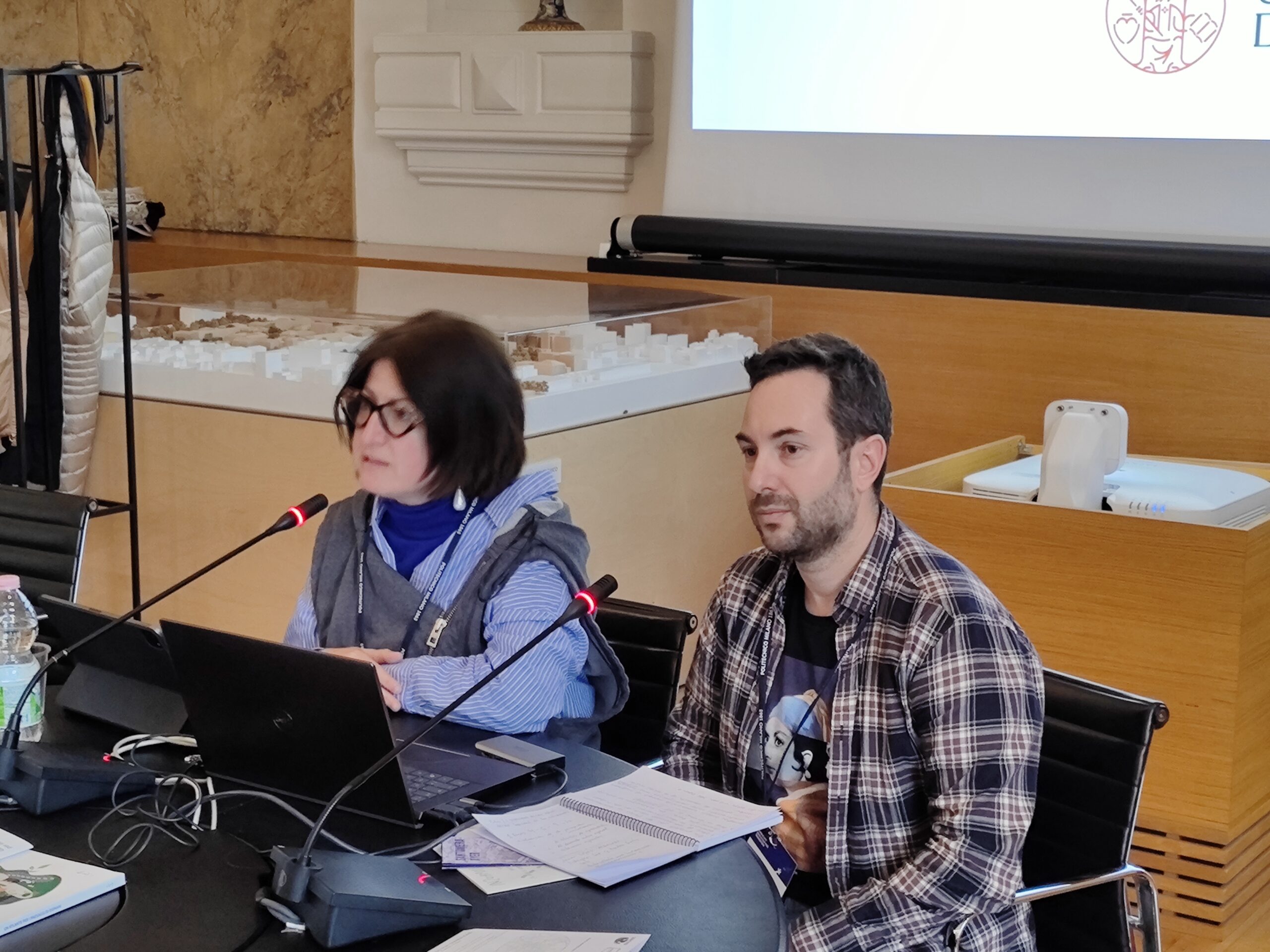
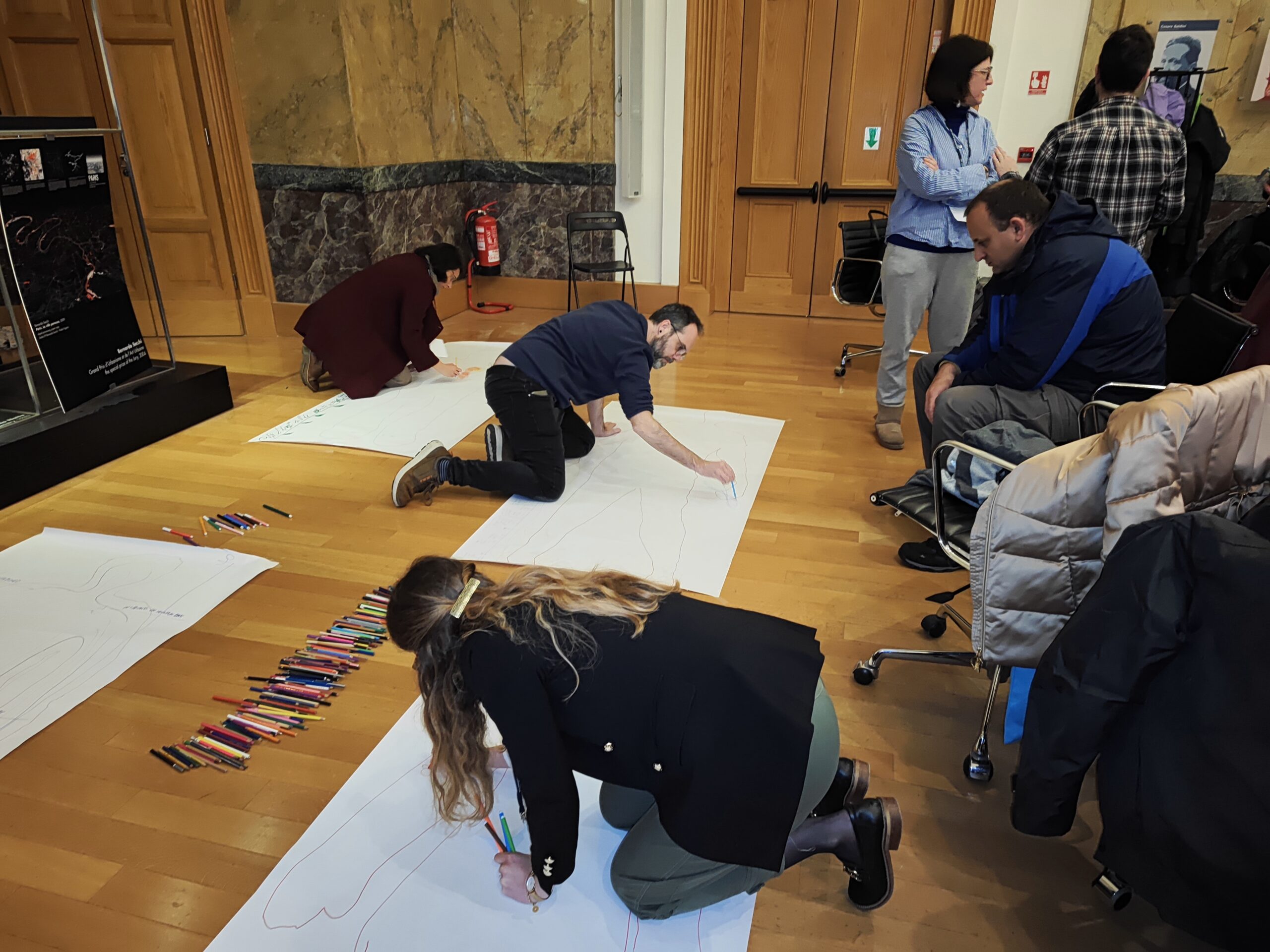
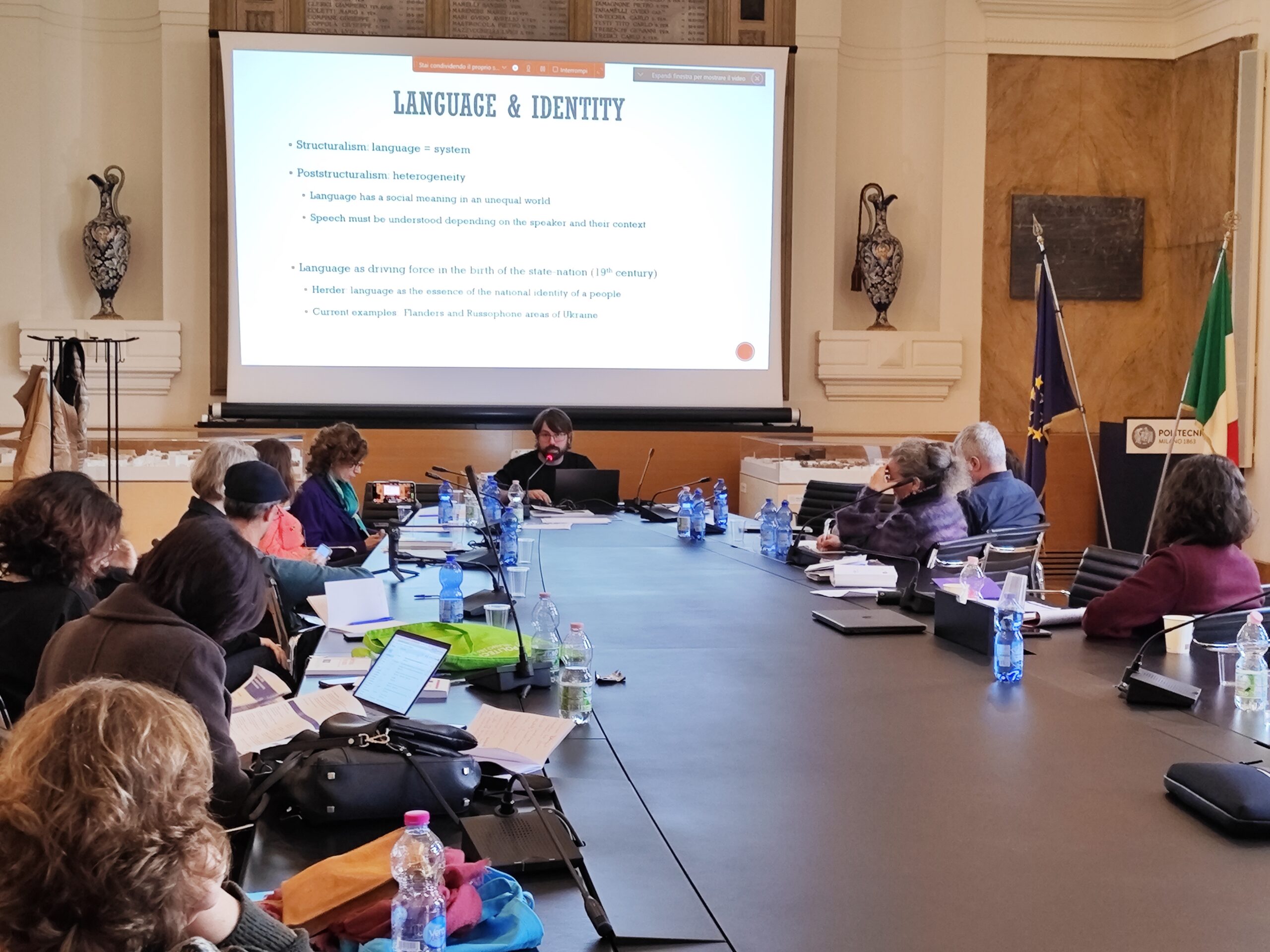
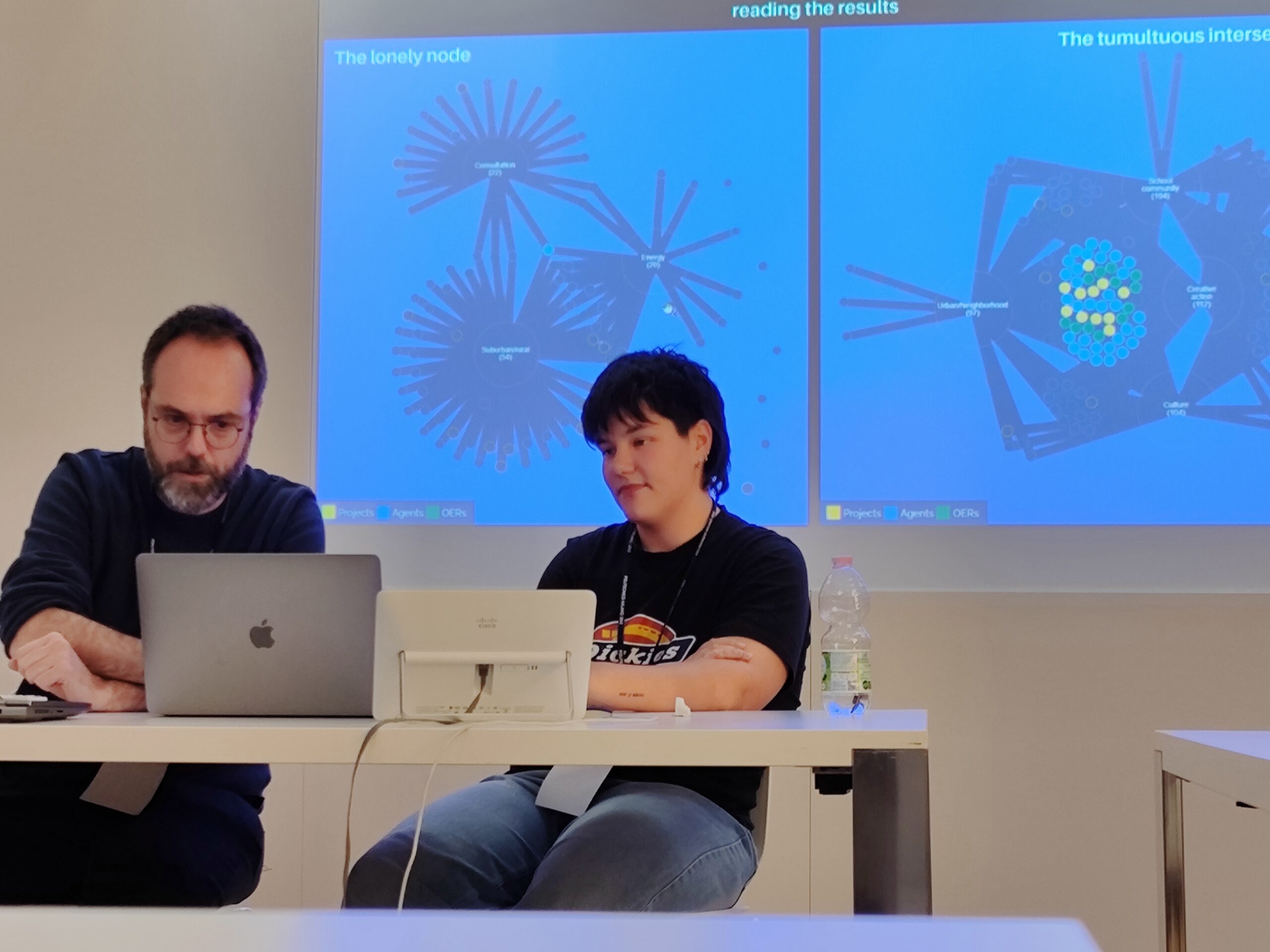
For those eager to delve deeper into the conference proceedings, a comprehensive itinerary is available on the Final Conference website: https://edulands.eu/finalconference/. As the echoes of the conference reverberate across continents and generations, its legacy serves as a testament to the power of collaboration, innovation, and collective action in shaping the educational landscapes of tomorrow.

